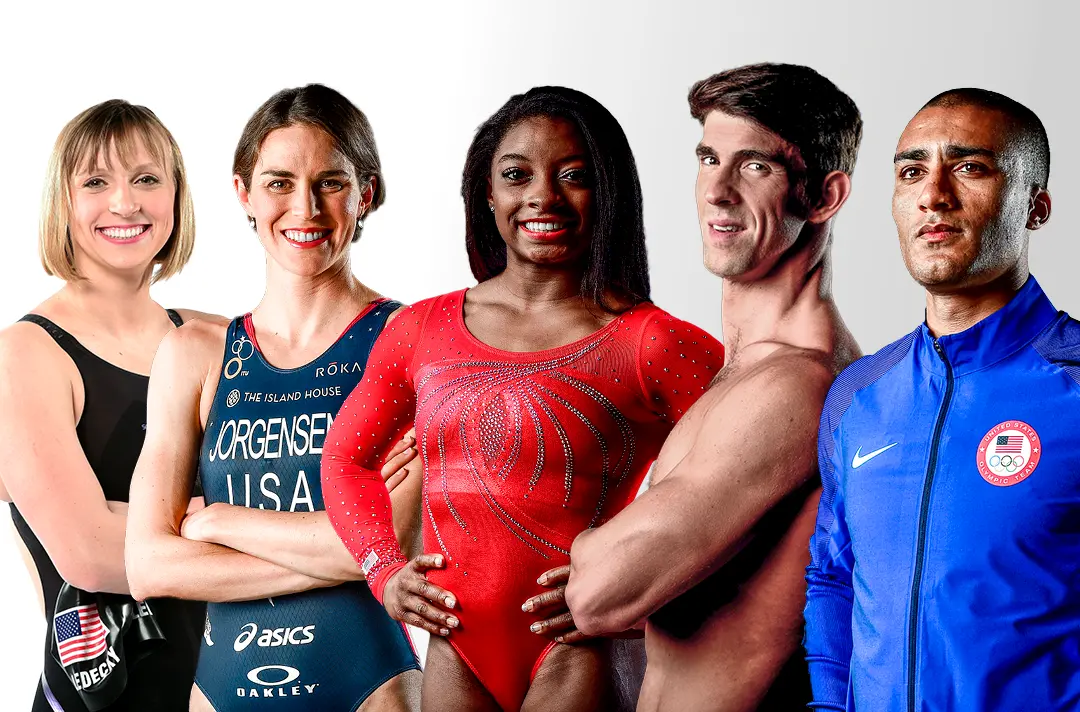If the AFC title game battle between Tom Brady’s New England Patriots and Peyton Manning’s Denver Broncos is the last clash between these two Hall-of-Fame quarterbacks, it'll mark the end of one of the league’s best personal rivalries ever.
As well as the most contrasting.
These two have been the most successful quarterbacks of their day and contrast each other—and the stereotypes that go with them—in a number of ways.

Tom Brady directed his Patriots to postseason wins over Peyton Manning's Colts following the 2003 and 2004 seasons en route to Super Bowl wins both times. Harry How/Getty Images





